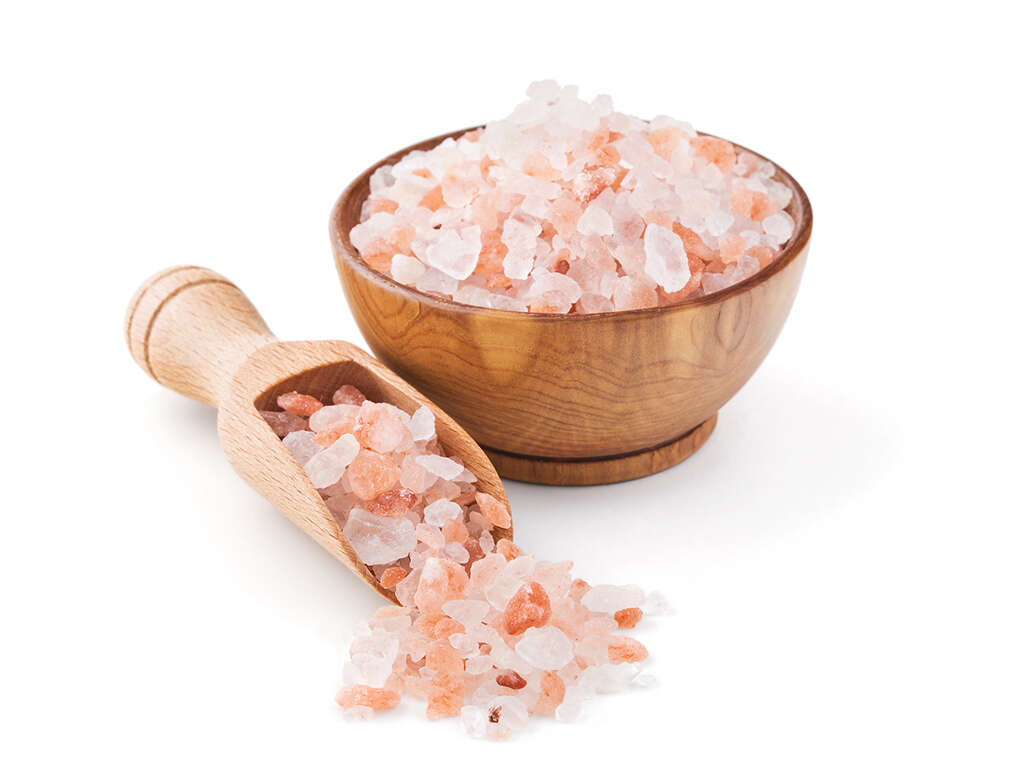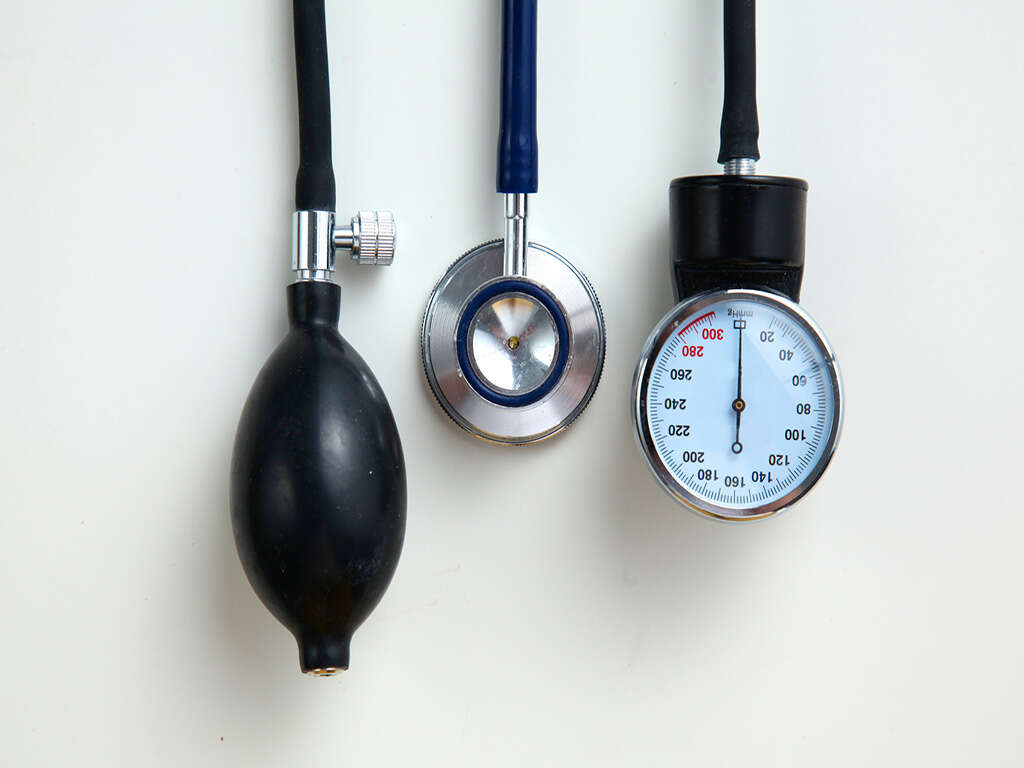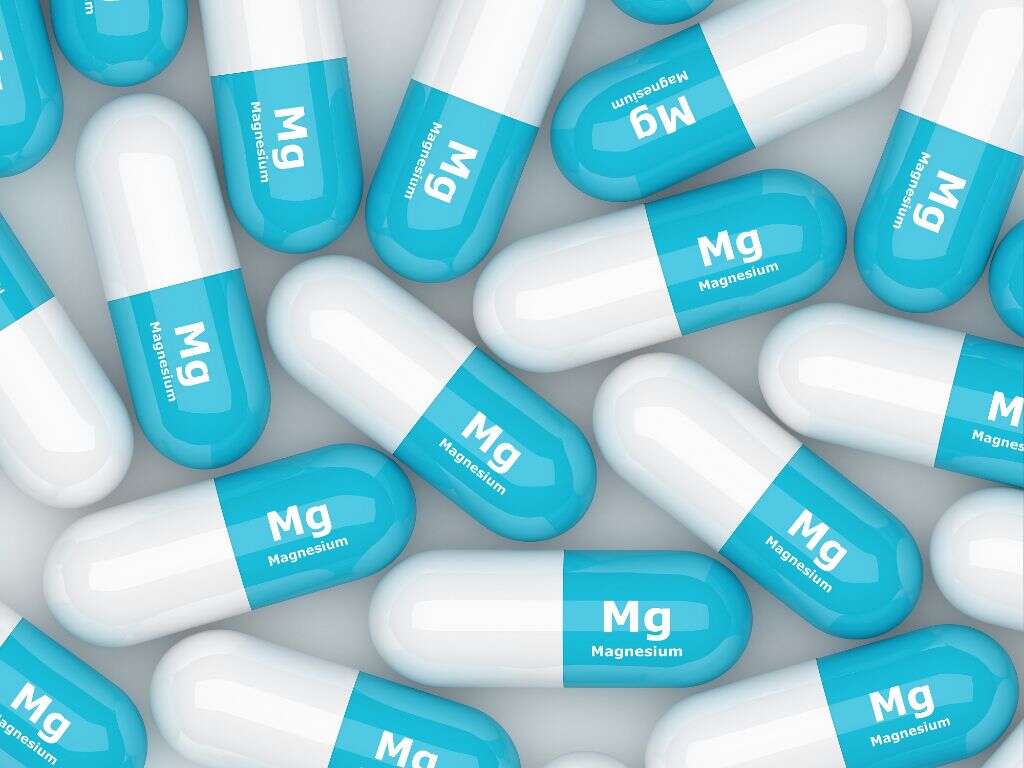10 Iodine Deficiency Symptoms
Most people associate iodine with table salt. This is neither wrong nor entirely true. Iodine is an essential mineral found in various foods. Its most important role is its use by the thyroid gland to produce thyroid hormones. Thyroid hormones control various body functions, especially metabolism.
Iodine deficiency causes the thyroid gland to enlarge, a condition known as goiter. This eventually leads to mental disorders as a result of hypothyroidism; a condition where the thyroid hormones levels are chronically low and, therefore, can no longer play their roles normally.
Foods rich in iodine include seaweed and other seafood such as cod, tuna and shrimps, eggs, dairy products, prunes, and iodized table salt. Pregnant women, infants, and people with heart conditions are more likely to experience iodine deficiency since they need relatively higher amounts of it. Inadequate iodine intake can lead to the following 10 iodine deficiency symptoms among others.
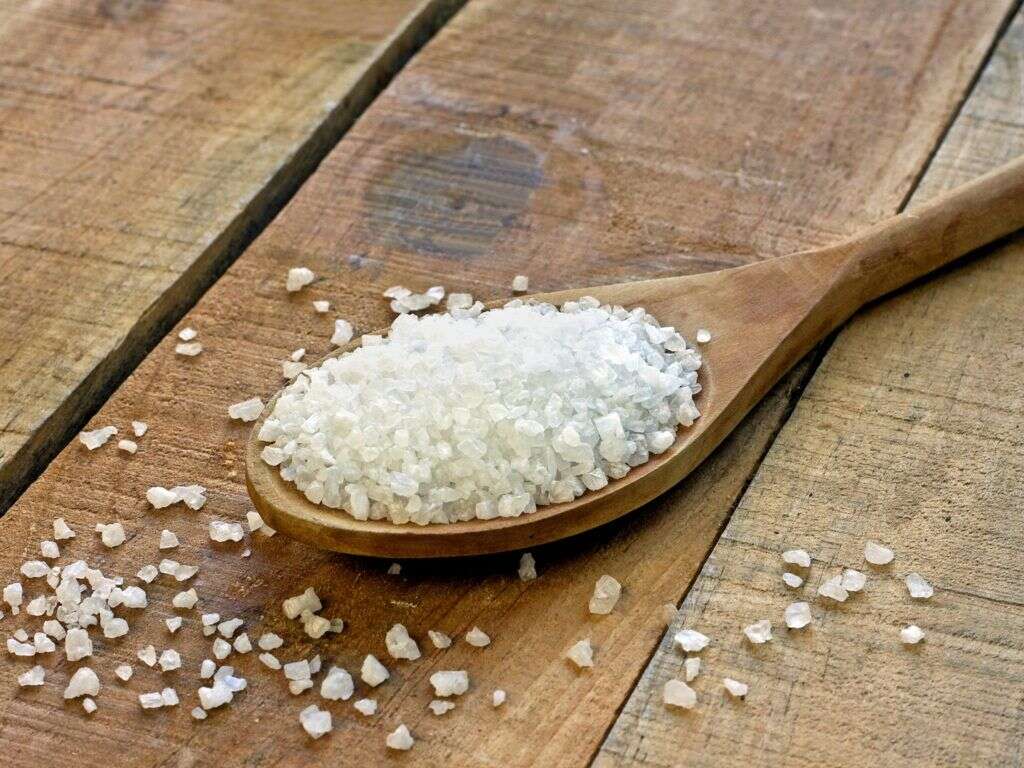
Symptom #1: Fatigue
Inadequate iodine levels can cause you to feel weak and tired all the time. This happens because thyroid hormones aid the body to produce energy. When your body has inadequate iodine, it cannot produce sufficient energy for its many functions. Consuming foods rich in iodine such as seaweed and eggs can help improve fatigue caused by iodine deficiency.
If you are always tired, you can benefit from getting enough rest. However, if the fatigue does not stop, consider getting your iodine levels checked. Because hypothyroidism slows down metabolism, fewer calories are broken down, which cannot provide the energy that your body requires. Fatigue results because the muscles do not have the energy necessary to function effectively.

Symptom #2: Dry Skin
Dry skin is another iodine deficiency symptom. The dryness occurs because thyroid hormones aid in the regeneration of skin cells. The hormones are also involved in regulating sweat. People with low iodine levels do not sweat as much as those with healthy iodine levels. Sweat maintains hydration of skins while lack of sweat can cause skin dryness.
Twenty percent of iodine in the body is found within the skin with most of it being stored in the sweat glands. Low levels of iodine leads to dry and cracked skin. If when you visit the sauna, it occurs to you that you do not sweat as you should, it is important to have your iodine levels checked.
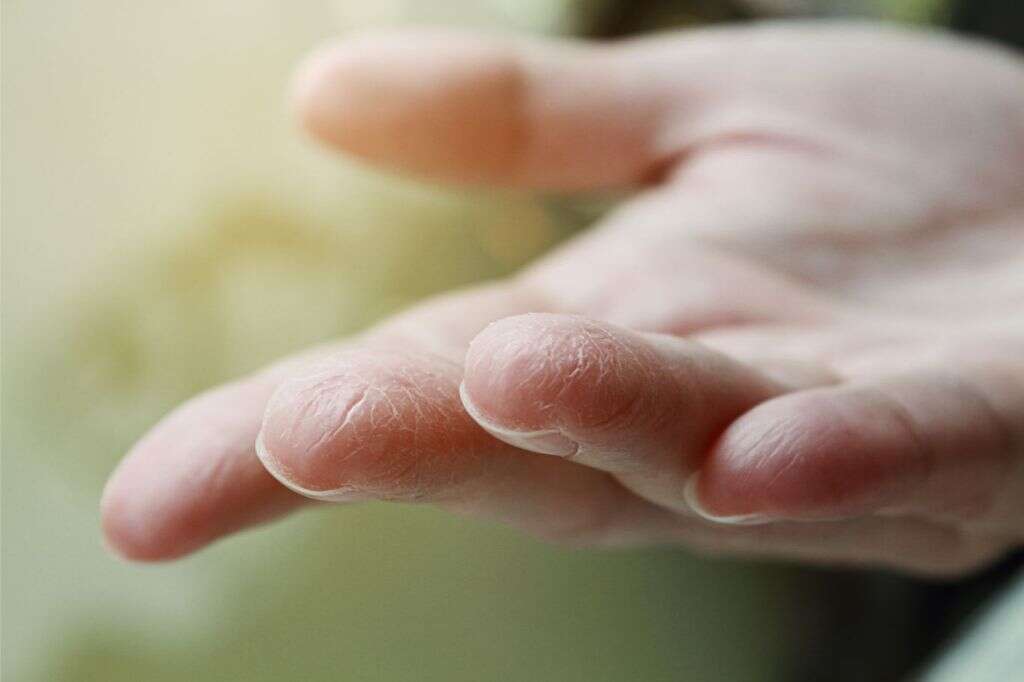
Symptom #3: Swollen Neck
Low iodine levels can also lead to goiter. This is a condition which involves swelling in the front part of the neck. Fortunately, this condition is treatable by consuming food rich in iodine or iodine supplements. However, if the goiter has been left unattended for long, the damage may be irreversible and you may need to undergo surgery. Although goiters are normally not harmful, treatment depends on the type and size of the swelling.
It is not easy to easy to recognize goiter in its initial stages. However, if you experience tightness when coughing, difficulty when swallowing, or an overly high-pitched voice, you may need to eat foods rich in iodine. You should also check with a doctor about your iodine levels.

Symptom #4: Sensitivity to Cold
Thyroid hormones aid your body by regulating sweat and regenerating cells. When the levels of these hormones are low, regeneration of cells does not occur fast enough. Feeling cold is a common symptom of iodine deficiency. Thyroid hormones also increase brown fat activity that generates heat. In case you have low iodine level, brown fat activity is negatively affected. This leads to low heat production causing you to feel excessively cold.
It is also important to note that the body does not produce iodine. You can, therefore, only get iodine from the food that you consume. To ensure that you have a healthy intake of iodine, include foods like fish, eggs, seaweed, and iodized salt in your diet on a regular basis. In case you are always feeling cold, consult your doctor for a check up on your iodine levels.

Symptom #5: Constipation
Constipation is defined as infrequent bowel movements and/or stool that are too hard to pass without effort.
This is a common symptom associated with hypothyroidism and therefore, with low iodine levels. It is important to seek medical attention for proper diagnosis and treatment of this symptom.

Symptom #6: Irregular Periods
Iodine deficiency leads to heavy periods since the production of the hormones that control the menstrual cycle is affected. If you experience painful and irregular periods, you should consult a doctor instead of going for over-the-counter drugs.
Irregular bleeding lasts seven days or longer. It also involves having to change pads more often and even at night. On another note, while having missed your periods might cause you to think of pregnancy, it could also result from iodine deficiency.
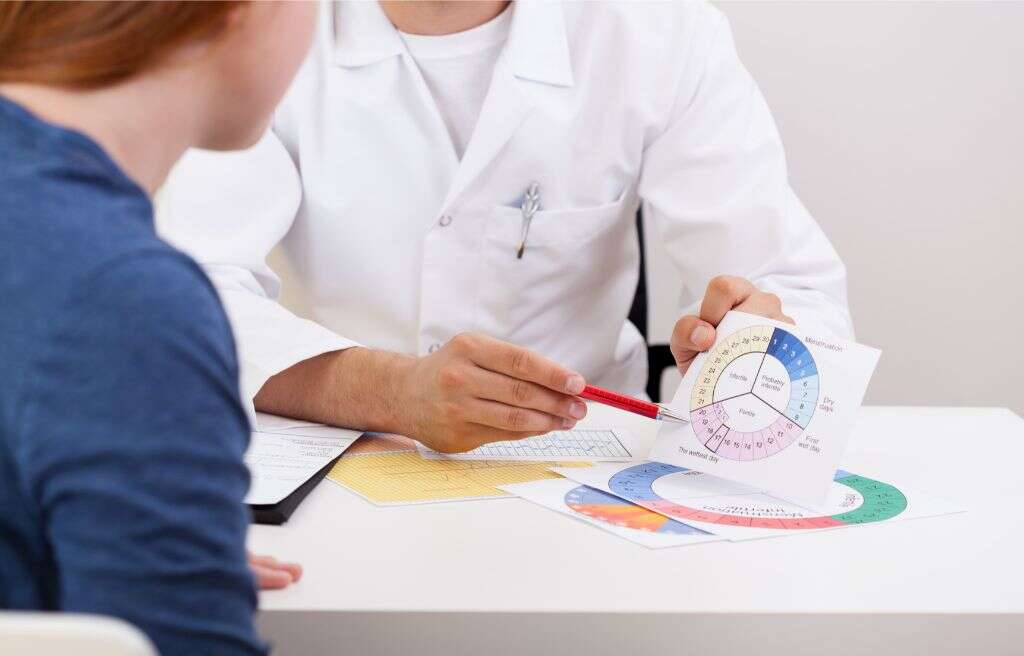
Symptom #7: Stunted Growth in Infants
For many years, inadequate iodine in children has been associated to Third World countries. But kids all over the world can be very picky, which puts them at risk. This may hinder the development of their brains and growth of the body. Some doctors advise that newborns be tested for iodine levels immediately after birth. During the first four years, children are at a greater risk of iodine deficiency because this is the rapid growth period.
Low iodine levels also cause delayed teething, constipation, a large tongue, dwarfism, and occasional choking in infants. Make sure kids always consume a balanced diet and if they have low iodine levels, do not give them supplements, but instead consult a pediatrician.

Symptom #8: Hair Loss
A low iodine level is also linked to premature hair loss. This is due to the fact that thyroid hormones have a role in maintaining healthy hair follicles. With inadequate iodine, the hair follicles cannot regenerate effectively. This causes hair loss in the long run. A study involving 700 people showed that 30 percent of people with low iodine levels experienced hair loss at different times. However, this can also be hereditary. You should, therefore, also consider the possibility of the hair loss being part of your family heritage.
Not to worry though. If your hair falls out due to inadequate iodine, consuming adequate amounts of the mineral in foods or supplements can help you get your hair back.

Symptom #9: Unexpected Weight Gain
If you find yourself suddenly gaining weight, you are probably low on iodine. This happens because the thyroid hormones that aid metabolism slow down the process. This means that the body breaks down few calories to produce energy and heat. Low iodine levels cause the body to burn even fewer calories during rest. This means that most of the food that you consume is stored as fat, which causes weight gain.
You can reverse this weight gain by consuming foods rich in iodine regularly. This works because the additional iodine supports the thyroid gland to produce adequate amounts of hormones to regularize metabolism. Still, it is worth to note that besides iodine deficiency, other factors such as stress and bad eating habits can also cause weight gain.

Symptom #10: Slower Heart Rate
A slower heart rate may be an iodine deficiency symptom. Inadequate iodine level can lead to an abnormally low heart rate. This causes you to feel weak, to the extent of fainting. Hypothyroidism typically leads to heart problems. This is why it is important to treat it at the earliest stages before it causes a cardiac arrest. On the other hand, a high iodine level leads to a faster heartbeat.
The correct iodine level regulates oxygen use in your body. Inadequate iodine can cause heart problems in otherwise healthy people who do not have a history of heart disease. Hypothyroidism also causes heart muscles to pump vigorously while trying to compensate for the shortfall. This can weaken the heart muscles in the long run.




